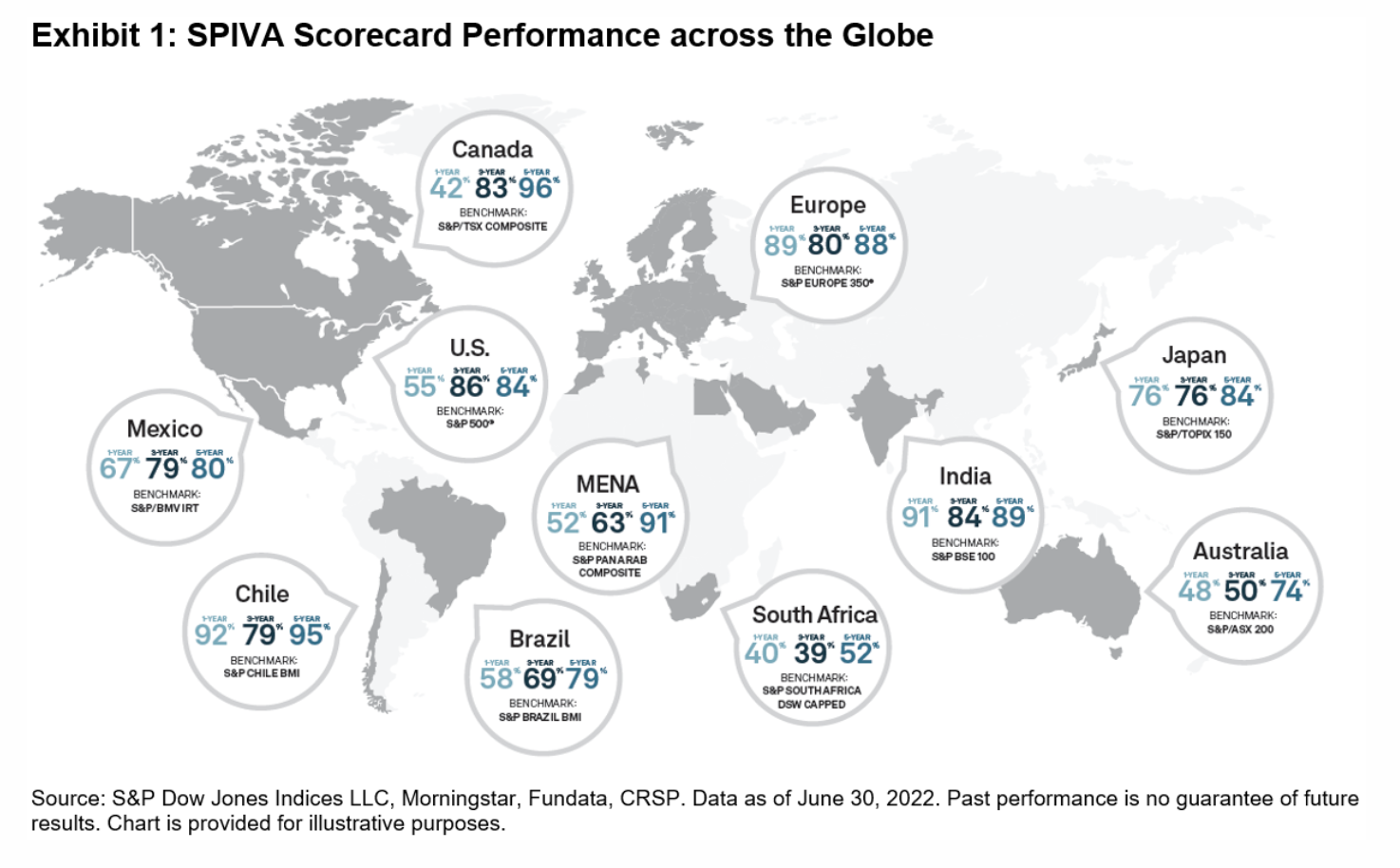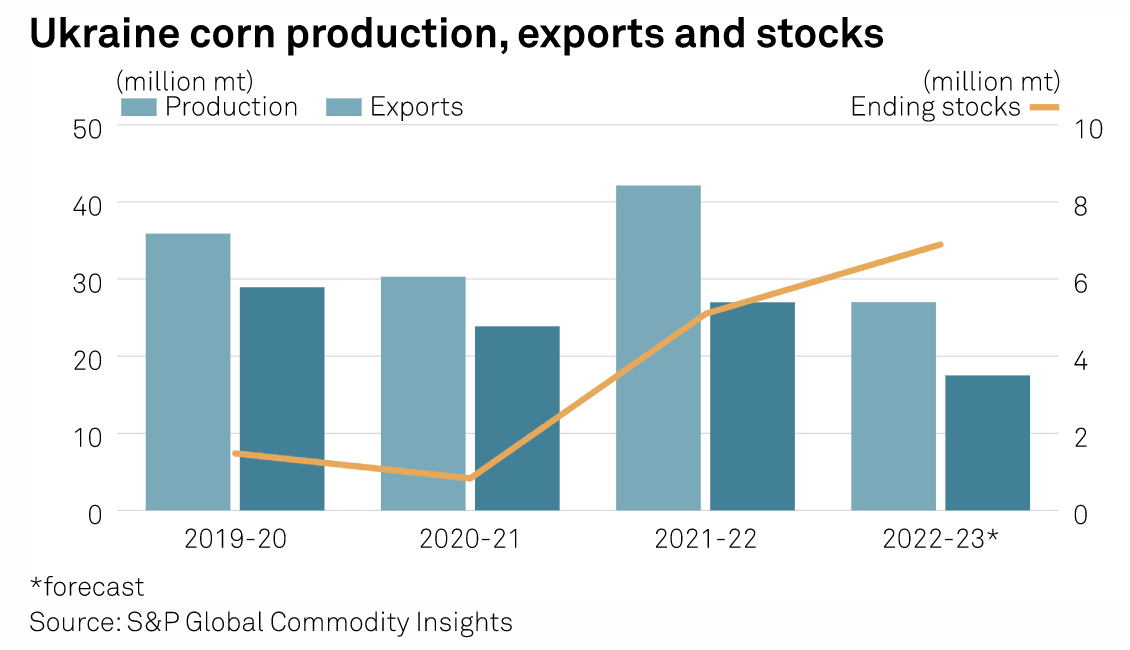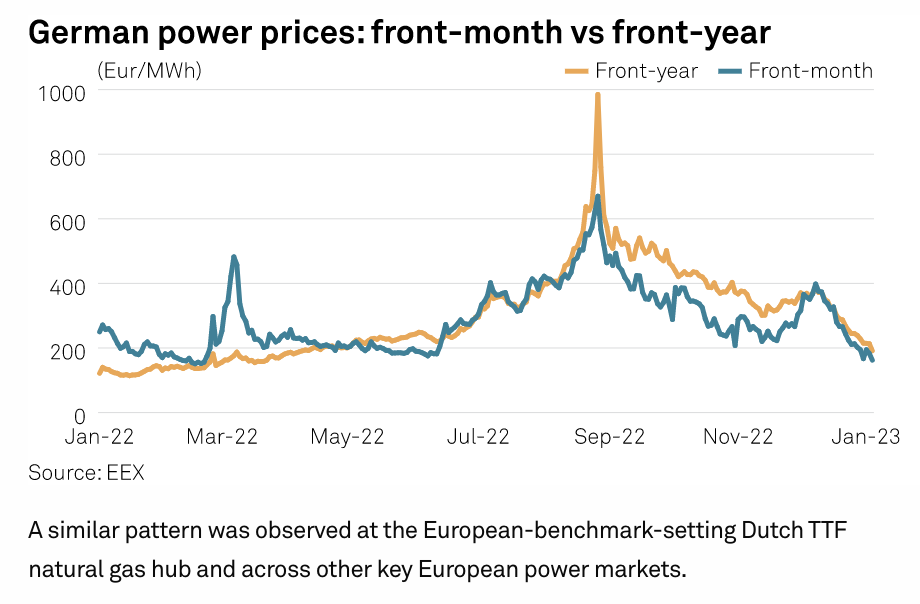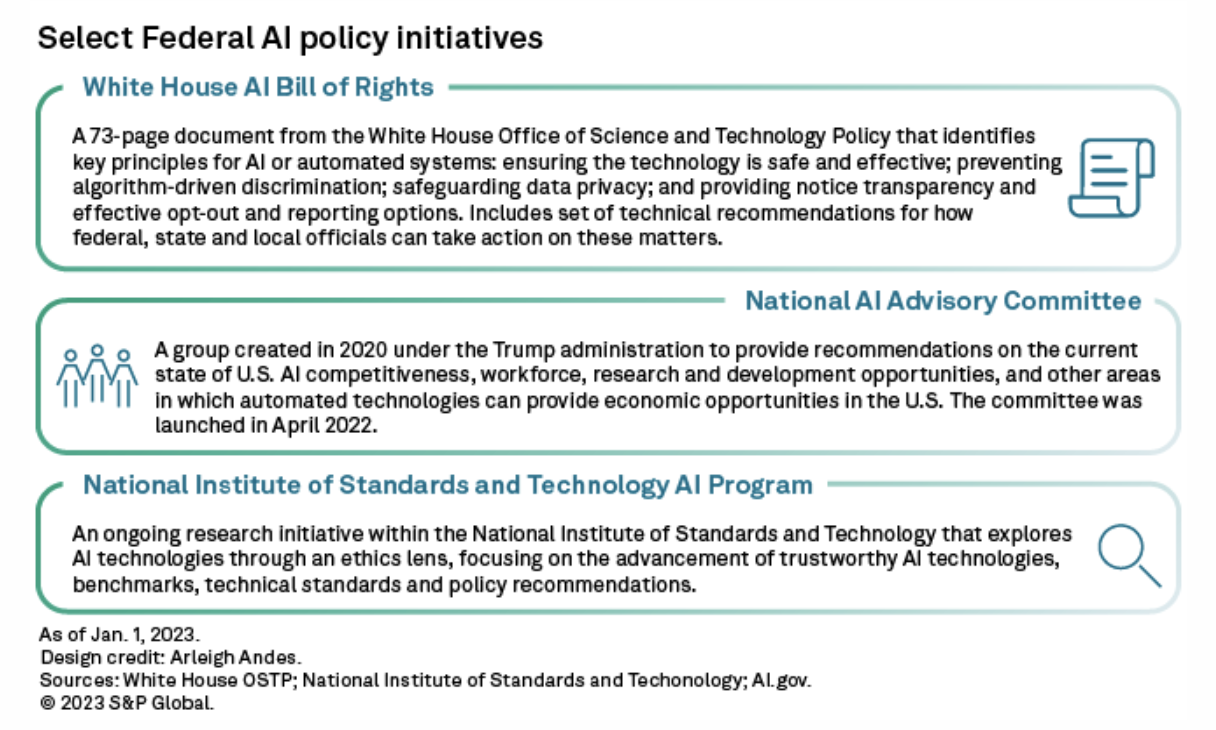Featured Topics
Featured Products
Events
S&P Global Offerings
Featured Topics
Featured Products
Events
S&P Global Offerings
Featured Topics
Featured Products
Events
S&P Global Offerings
Featured Topics
Featured Products
Events
Language
Featured Products
Ratings & Benchmarks
By Topic
Market Insights
About S&P Global
Corporate Responsibility
Culture & Engagement
Featured Products
Ratings & Benchmarks
By Topic
Market Insights
About S&P Global
Corporate Responsibility
Culture & Engagement
S&P Global — 6 Jan, 2023 — Global
By S&P Global
Start every business day with our analyses of the most pressing developments affecting markets today, alongside a curated selection of our latest and most important insights on the global economy.

Half Measures on China’s Property Woes
China’s distressed property sector is not headed for a strong rebound anytime soon, but government interventions will stop its downward spiral and may lead to a significant transformation.
Last year, mortgage strikes spread among Chinese homebuyers. They refused to pay their mortgages on presold, but unfinished, homes, believing that developers wouldn’t have the means to complete them. The government put up its own money in August and September of 2022 to help finish the projects and restore homebuyer confidence, which will likely improve since China reversed its strict zero-COVID policy.
Banks are playing an important role in supporting the real estate market, with plans to issue more than 1.8 trillion Chinese yuan, or about $256 billion at time of announcement, in fresh loans to property developers. “We anticipate loan support for property development will increase in the fourth quarter of 2022 compared with the previous quarter and for this momentum to continue into 2023,” said Harry Hu, a credit analyst at S&P Global Ratings. Banks have strong collateral coverage and should be able to absorb the expected up to 8% decline this year.
Meanwhile, state-owned developers are eclipsing privately owned enterprises. Government “measures will target [state-owned] firms, [since] they are the most financially sound, alongside a handful of viable private developers. Many less sound — largely private — will be left to fight for survival,” said S&P Global Ratings writer Jasper Moiseiwitsch. The rise of state-owned developers and the fall of privately owned enterprises will transform the market into one that is slower, steadier and less involved with offshore bond markets.
Although things seem to be turning around, the recovery won’t be swift. Property sales will drop 5%-8% in 2023, according to S&P Global Ratings, which forecasts an L-shaped recovery for the sector.
Chinese banks also aren’t out of the woods for property-related risk. At recent S&P Global Ratings webinars, about a fifth of investors polled believed that China’s banking system was the most at risk for credit deterioration among emerging markets, likely because of the real estate troubles. According to Hu, collateral safety will probably decrease, and there’s a slight potential for property risks to become systemic. However, “the chance of a hard landing for banks is remote at this stage, considering collateral buffers and China's collective stability mindset,” Hu said.
Even with recovery in sight, an improvement in homebuyer sentiment is crucial. This improvement seemed doubtful when zero-COVID measures remained in place, driving income uncertainty and reluctance to take on mortgages. China’s recent policy shift might be just what consumers need to feel confident in the market again.
Today is Friday, January 6, 2023, and here is today’s essential intelligence.
Written by Claire Delano.
Indexing’s Evolution In Indian Markets

Indexing, also known as index-based or passive investing, has been slowly but steadily growing and transforming asset management and financial markets in India. For more than a decade, there has been a strong preference for actively managed funds among Indian investors, and understandably so as historically these were the only financial products that dominated the market for a long time. However, in recent times, investors’ appetites have been shifting to index-based strategies with the increasing availability of independent, transparent and rules-based global, regional and local indices, along with market benchmarks in the country and, more broadly, the Asia-Pacific region.
—Read the article from S&P Dow Jones Indices
Access more insights on the global economy >
Outlook For U.S. States: Rainy Day Funds Will Support Credit In A Shallow Recession

S&P Global Ratings' economists are forecasting a recession for the first six months of 2023; however, they believe states can manage through the year without credit disruption. As economic and financial storm clouds gather, state rainy day funds have reached an all-time high position — with no drawdowns planned — and many states continue to outpace fiscal 2023 revenue forecasts.
—Read the report from S&P Global Ratings
Access more insights on capital markets >
Ukraine's Corn Exporters Hope For Acceleration In Ship Inspections In 2023

Corn importers in Europe and North Africa start 2023 hoping for an acceleration in exports from Ukraine under the Black Sea Grain Initiative, but the prospects of a significant pick-up are in doubt amid accusations that Russia is deliberately slowing shipments. January and February are typically two of the busiest months for Ukraine's corn exporters, as they rush to ship grain harvested in autumn, but they are now being held back by the speed at which ships can be approved to sail to and from Ukraine's deep sea ports.
—Read the article from S&P Global Commodity Insights
Access more insights on global trade >
Listen: Agriculture In A Warming World: How Will Climate Change Impact Our Food?
Weather plays an important role in agricultural productivity and adverse weather events due to climate change are going to increasingly impact agriculture. In this podcast, S&P Global Commodity Insights' reporters Shikha Singh and Mugunthan Kesavan speak to Dr. Cynthia Rosenzweig, senior research scientist with NASA, and recipient of the 2022 World Food Prize Award on greenhouse emissions, rising temperatures and their impact on agriculture. James McMahon, CEO of The Climate Service at S&P Global's Sustainable 1, also joins the discussion and shares his thoughts on global emissions and the modelling of climate risks.
—Listen and subscribe to Commodities Focus, a podcast from S&P Global Commodity Insights
Access more insights on sustainability
Robust Supply, Mild Weather, Recession Drag Power Prices Down To Pre-Invasion Levels

European power prices have fallen to pre-Ukraine invasion levels for winter contracts, as a combination of ample LNG supply, mild weather and a weak economy weighed on the market, while prices further out were firmly higher on the year, analysis by S&P Global Commodity Insights showed Jan. 5. In Germany — the benchmark European power market — the front-month price averaged below Eur180/MWh ($190/MWh) this year so far. This was 16% below the whole of January 2022 for the corresponding contract, before Russia's military invasion of Ukraine Feb. 24 that exacerbated already tight natural gas and power supply across Europe.
—Read the article from S&P Global Commodity Insights
Access more insights on energy and commodities >
Biden Administration AI Policy Efforts To Be Complex Balancing Act In 2023

The White House, Congress and federal agencies will have to carefully consider the costs of where and how to regulate artificial intelligence technologies in the coming year, AI policy experts say. While AI systems and related processes like machine learning and algorithmic decision-making techniques provide more efficient ways to analyze large amounts of data, those automated methods also sometimes lead to discrimination and civil liberties infringements.
—Read the article from S&P Global Market Intelligence